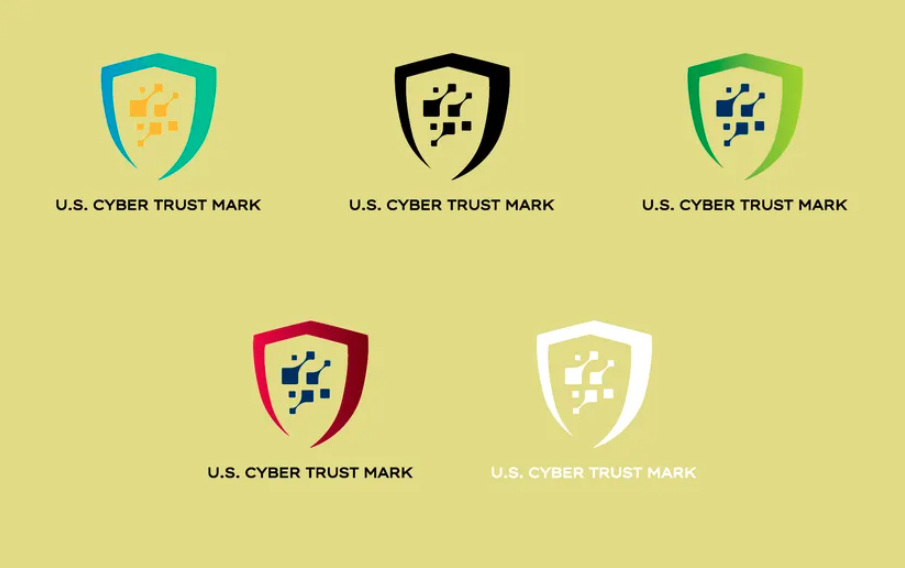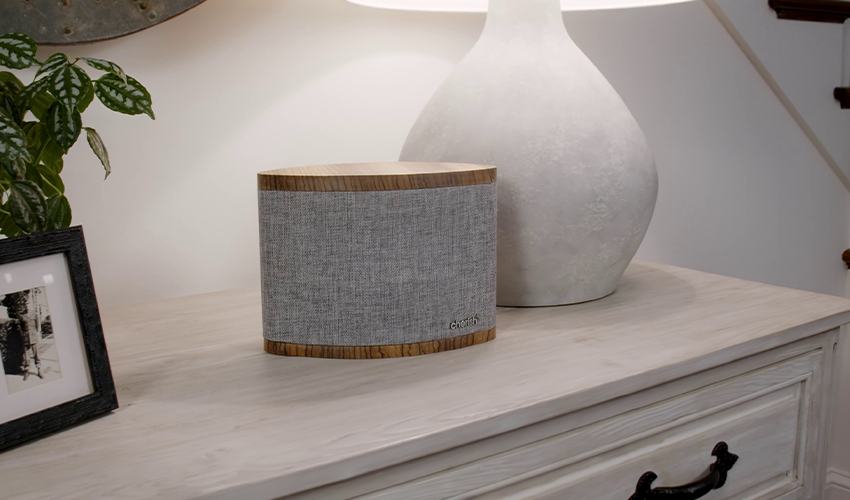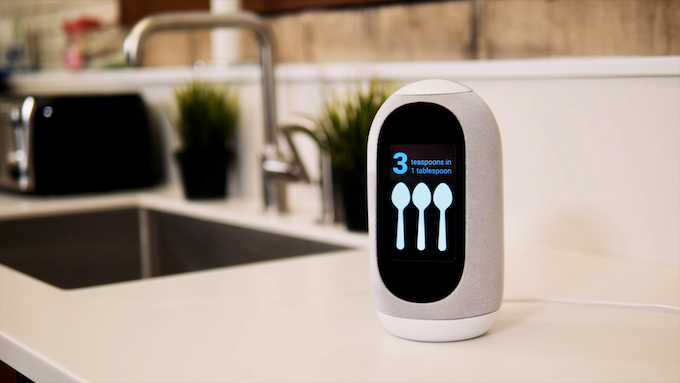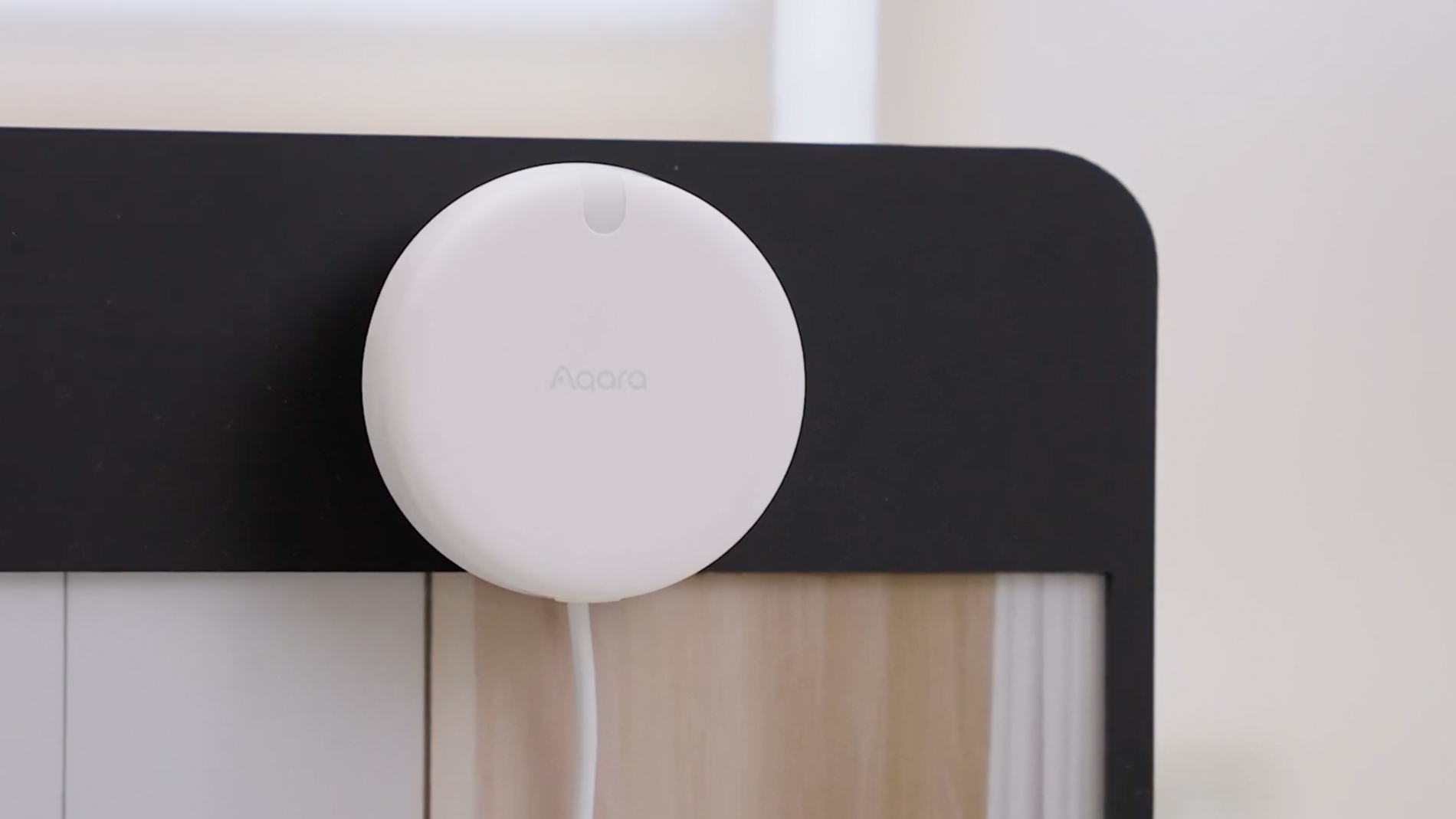This week we dig in on two topics that will make the internet of things friendlier for consumers. The first is the newly announced cybersecurity label plan from the White House that will create a way for consumers to see if their planned IoT purchase meets adequate cybersecurity standards. The second is our suggestion that device makers plan for failure when building a smart product, to help prevent consumers from spending hundreds or thousands on a connected device only to see it lose functionality when the manufacturer shuts down or sells. This happened recently for folks who spent $5,000 on VanMoof bikes and for folks who spent about $225 for a connected BBQ controller from iKamand. The iKamand app was turned off without notice to subscribers about 18 months after the company was purchased by Middleby Corp. Then we switch to a lighter topic. Literally, as we discuss LiFi and what the newly created IEEE standard for the tech may mean for the IoT. Then we discuss smaller news items such as funding for an IoT device that attaches to mobility aids to predict falls, Leviton updating devices to work with Matter, a new global eSIM plan for IoT devices from Verizon, and a new dev board that combines Arduino and Espressif’s ESP32. Finally, we answer a listener question about smart light bulb sockets.

Our guest this week is Steve Hanna, a distinguished engineer at Infineon and the chair of the security working group at the Connectivity Standards Alliance. He’s on the show to tell us more about the need for a voluntary, government cybersecurity mark for devices, and explain why developing such a mark is so difficult. We talk about the FCC’s role in managing the program, the time frame for a mark, and how the government plans to think about keeping up with the always-changing security landscape. We also discuss how Infineon’s customers are changing their views about IoT security labels, and how the mark relates to work done by the Arm’s PSA security standard and the security elements that are part of the Matter standard. It’s a good interview, made better by the fact that Hanna sounds just like Mr. Rogers.
Hosts: Stacey Higginbotham and Kevin Tofel
Guest: Steve Hanna, a distinguished engineer at Infineon
Sponsors: Wilderness Labs and Particle
- Why we want a U.S. Cyber Trust Mark for consumer devices
- What happened to this smart BBQ controller?
- Leviton embraces Matter for its switches
- Badges, QR codes, and building a layered mark for cybersecurity
- Where will privacy fit into any security mark or standard?
Podcast: Play in new window | Download | Embed
Subscribe: RSS




